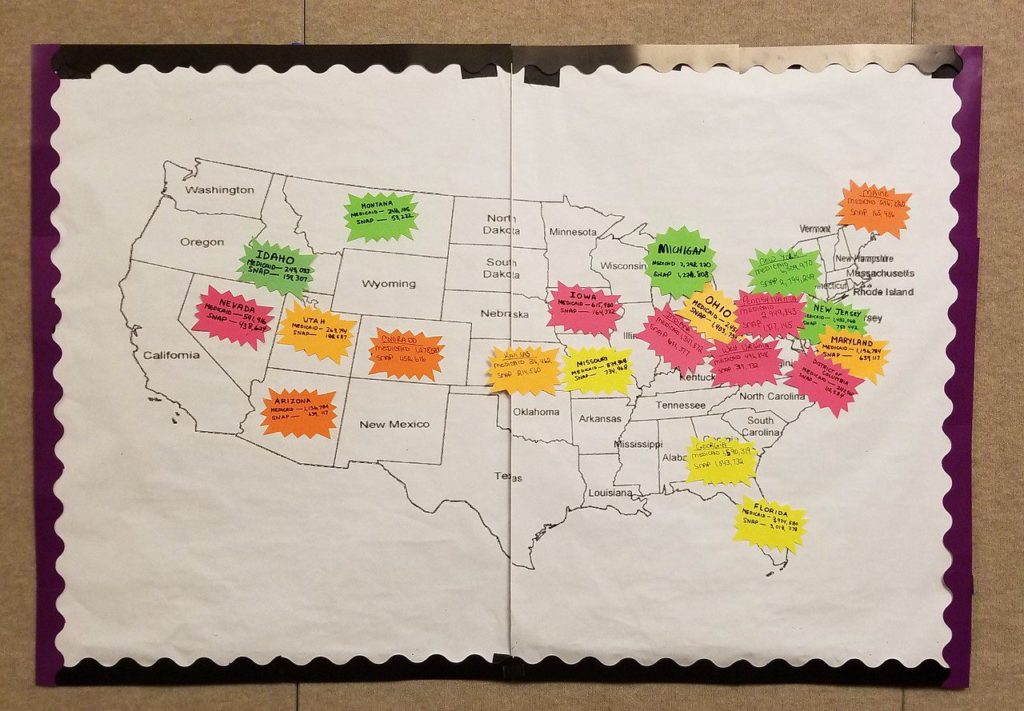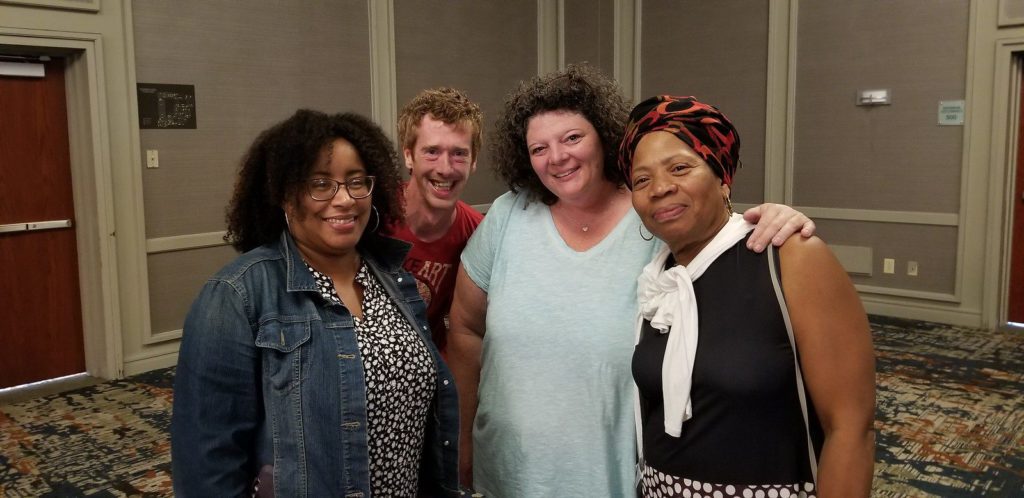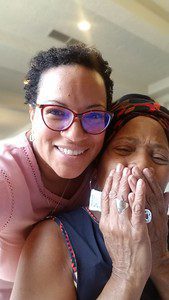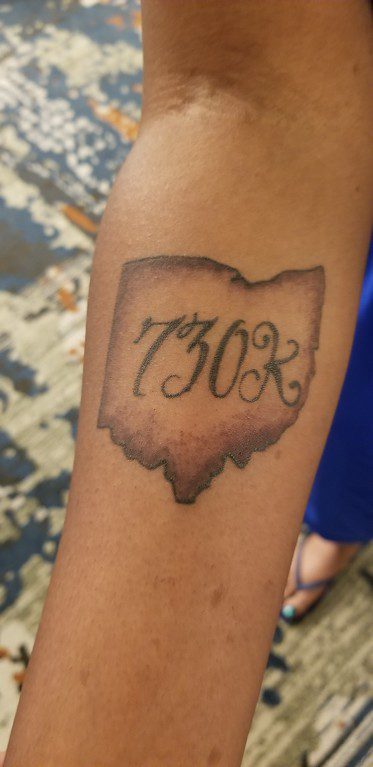Grassroots Partners Come Together to Celebrate Big Wins

There have been major wins amongst the partners over the past year, such as SPACEs in Action’s $15.8 million win for Birth to Three, which will enable child care providers (mostly women of color and low-income) in Washington, D.C. to be paid, and allow for all households to have access to childcare, as well as Ohio’s progress in gathering 730,000 signatures to put Issue 1 on the ballot last November.Most of the conversations focused on what it will take to continue on the path of building power for people of color and low income families across the nation, from safety net to income protection.
At the start of August, safety net partners of Community Change gathered in Columbus, Ohio to brainstorm, discuss, and establish ways to execute bold ideas as we move towards one of the biggest presidential elections in 2020. Our partners spanning from Florida, Maine, Michigan, Colorado, Montana, West Virginia, Indiana and more, came together to bring us closer to the wins we need to see for our communities of color and low income communities across the country.

Matthew Covington of Iowa Citizens for Community Improvement reminded participants although Iowa Democrats won several elections in November, the governor remains Republican, and there is still work to be done.
One of the most important conversations centered around the need for us as community organizers and advocates, to move from defense to offense. Instead of focusing on telling state and national governments their policies are wrong, inhumane and unjust, it may prove to be more effective to provide one or more alternatives, such as choosing to push for the expansion of Medicaid instead of pushing “Medicare for All,” says Shannon Secrest of the Colorado Cross Disability Coalition.

Some of that work includes the need for income support, which is one of the most vital tools in gaining power for our low income communities. Income support, such as the Earned Income Tax Credit, which would offer people an incentive when filing taxes, could allow more people to become and stay employed. With increased employment rates, comes the need for accessible and affordable childcare, for which many of our partners are fighting. During one of the many insightful panel discussions, “Advancing a Bold Vision on Child Care and Income Support,” Bianca Edwards of the Ohio Organizing Project highlighted the importance of getting the Childcare for Working Families Act passed. This law would make it possible for someone of low income to pay 7 percent of annual income for childcare, as opposed to the $10,000 it currently costs to put one infant through childcare in Ohio–the equivalent to some public college tuition.
Other midwestern states such as West Virginia, are actively working to flip the state government this fall, specifically to improve access to child care throughout the state. “With our gubernatorial election coming up, there is a hint that things can turn over, even though we’re deeply red,” said West Virginia Healthy Kids and Families Coalition (WVHKF) Executive Director, Jennifer Wells. “I don’t believe most West Virginians are sold on this government right now. The way we can contribute to that is informing folks about the census, building that network and finding leaders who can help inform folks about their role in the census.”

Two counties in West Virginia, according to Amy-Jo Hutchinson, also of WVHKF Coalition, do not have any access to childcare, and as a result have the highest unemployment rates in the state. Aside from this, 64 percent of citizens of West Virginia do not have access to childcare.
To begin thinking about improving alarming statistics such as West Virginia’s childcare crisis, the partners discussed Community Change’s Path to Power, a 15-year plan that looks towards a future of improving the lives of those struggling to make ends meet in the United States. The five pillars of this plan includes building Black and immigrant power, creating an electoral powerhouse, establishing a governing agenda (which includes childcare, income support, and immigration policies), and reinventing community organizing.
SPACEs in Action, WVHKF, and the Ohio Organizing Project are all led by Black women. One of the goals moving towards the presidential election, is to ensure we are empowering Black women leaders, as Black women have proven time and time again to show up and vote for the elected officials we need.
At the conclusion of the convening, Rev. Marcia Dinkins of the Ohio Organizing Project asserted, “We understand we are the influencers and validators, and we tell our stories the best. What’s happening in politics is intersecting with policies in a way that we haven’t seen in awhile.”

Shortly before we dispersed, one of the member activists asked Chyna Lopp of the Ohio Organizing Collaborative to stand and share the story of her tattoo. On her right arm is a tattoo in the shape of the state of Ohio and the number 730K in the center. She said she got the tattoo to remind herself of what is possible. “This is something they can’t take from us,” Chyna said referring to she and her team’s accomplishment of getting Issue 1 on the ballot last November. Winning issue 1 would have resulted in the reduction of many drug-related sentences for many Black and brown folks. “Whether we actually won or not, who else got an issue on the ballot from collecting 730,000 signatures? Nobody.” she said confidently. “We woke them up. We’re trying to get people jobs, get people back in school, get people housing. This is a start, and I’m proud of that.”
Community matters. Without the support of neighbors fighting for the lives of Black and brown people, it would be even more difficult than it already is for communities to heal from the pain of mass shootings. On the final day of the convening, one of two mass shootings that occurred that weekend was just 60 miles from where we stood, in Dayton, Ohio. Nine people killed, 27 injured. This is why the work to push for policy change is important, and why it will take the collective effort of partners. We’re fighting for each of the victims — mothers, immigrants, students; everyday, extraordinary people, and the work is just beginning.